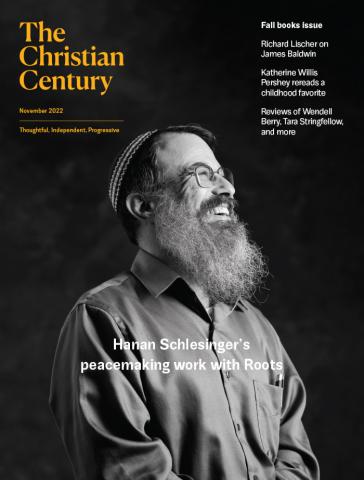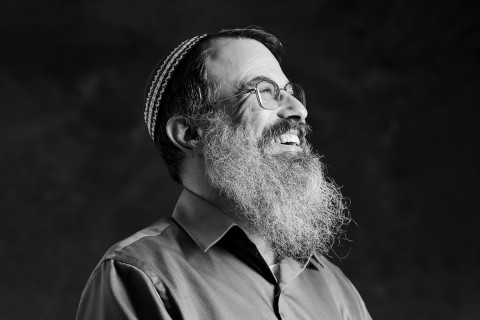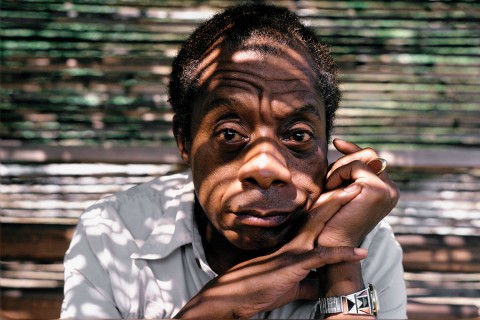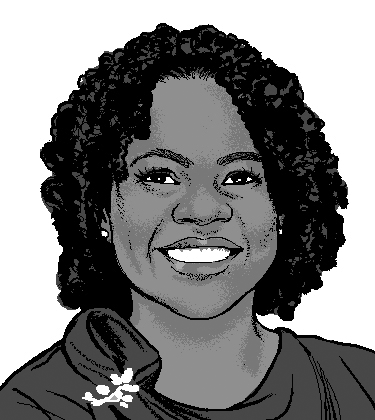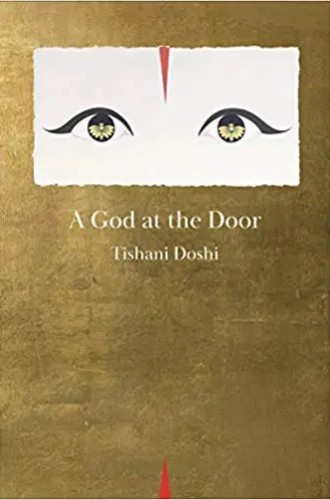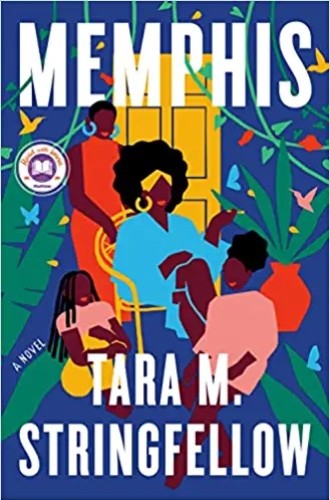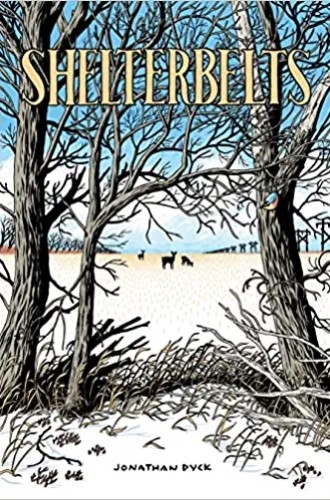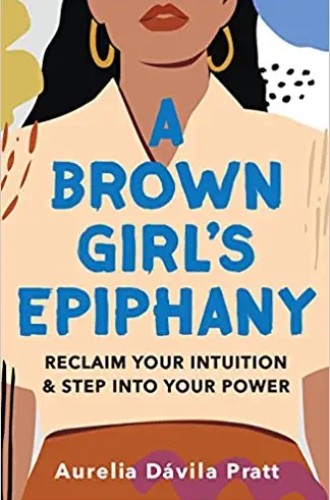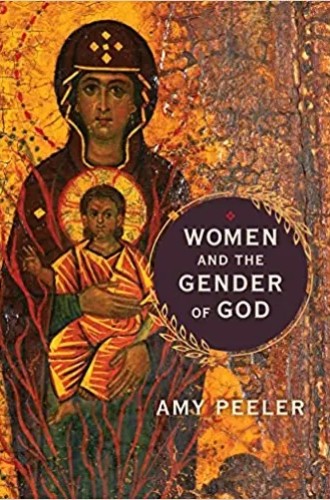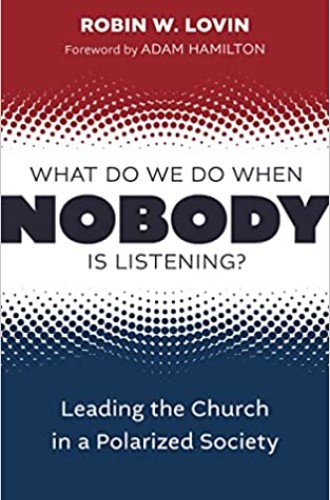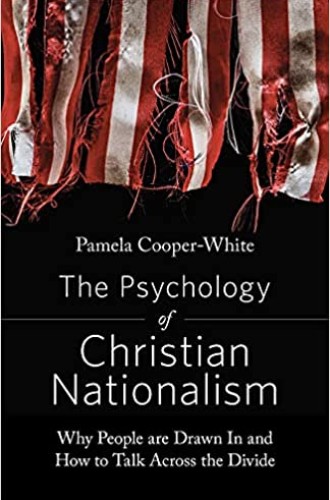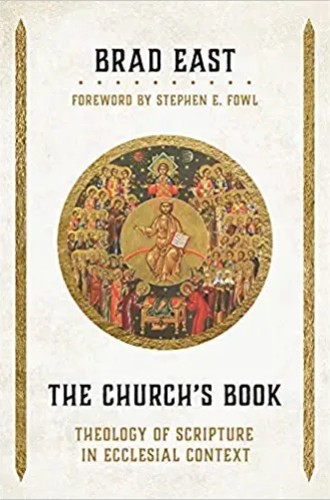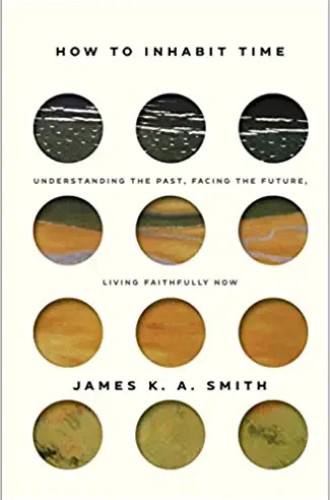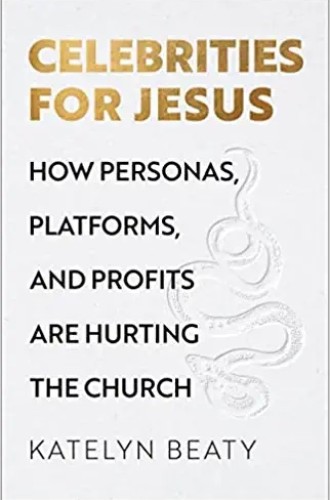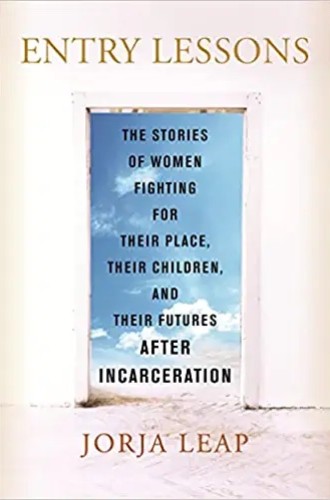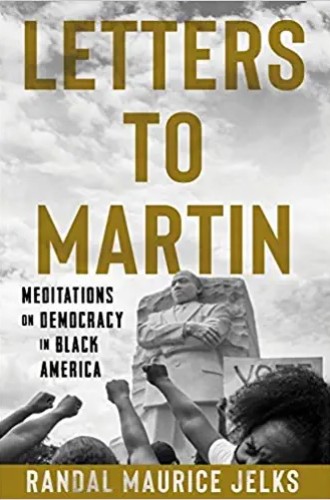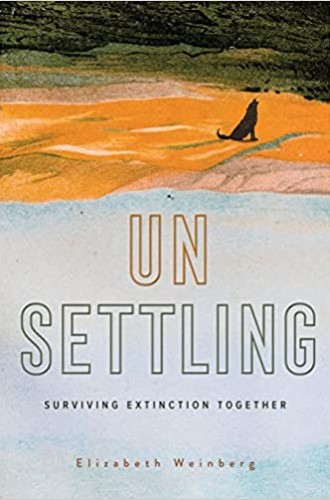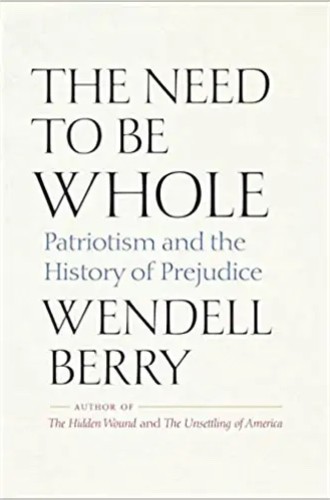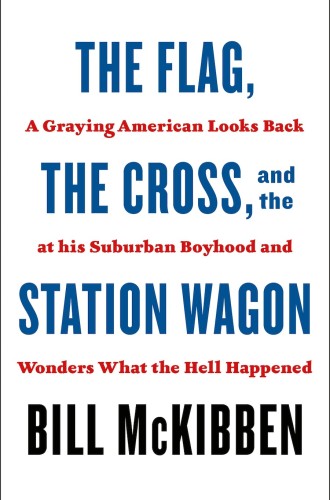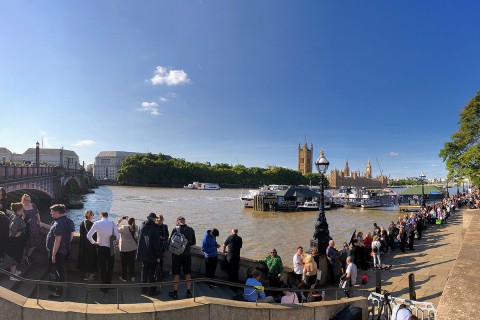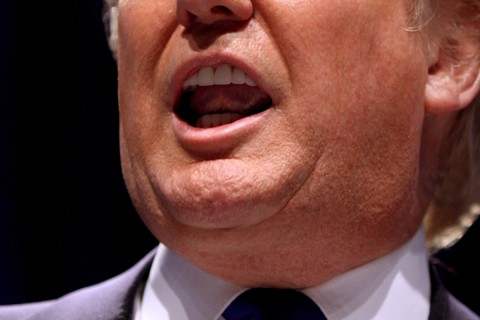Features
When Israeli settlers meet West Bank Palestinians
Baldwin the exorcist
Returning to a book that shaped my imagination
On Native land
The quiet rise of Christian dominionism
Voices
Samuel Wells
The better part of faith
It’s possible to stop believing, but we can’t live without trust.
Alejandra Oliva
Knitting with Simone Weil
The philosopher’s call to attention reminds me I’m making a difference.
Julian DeShazier
The crowded elevator of opinions
We’ve become convinced that speaking is the most important thing we can do.
Yolanda Pierce
Who will love the ugly things?
It’s easy to love what’s beautiful.
Melissa Florer-Bixler
What hope looks like to one Palestinian
Akram al-Waara sits in a refugee camp and makes art—out of tear gas canisters.
Isaac S. Villegas
After my friend’s suicide, my theology was in shock
I’ve been offering my tangled knots of questions and memories as prayers.
Books

Take & Read: New titles in New Testament
In witness to a wilting world
Tishani Doshi’s poetic voice dwells between the scriptural and the cultural, between lesson and observation.
Tara Stringfellow’s fictional family brings a real city to life
Like Memphis, Memphis is gritty—filled with danger, tragedy, and humor.
Jonathan Dyck’s queer Mennonite graphic novel
Shelterbelts is a quiet ode to rural life that honors what is good and confronts what is not.
Aurelia Dávila Pratt’s paths to healing
Her powerful debut resonates deeply with my lifelong labor to honor my name and my voice.
The gender identity of God—and Jesus
Amy Peeler offers a great resource for Christians who have struggled to understand God’s call to women.

Take & Read: New titles in Global Christianity
Why are we so polarized?
An ethicist, a pastor, and two podcasters weigh in.
What Christian nationalism is and what to do about it
Pamela Cooper-White details best practices for difficult conversations that privilege listening, reflexivity, curiosity, and care.
We do not read alone
Brad East offers a rigorous argument for the ecclesial context of scripture.

Take & Read: New titles in practical theology
“When are we?” asks James K. A. Smith
The philosopher diagnoses the temporal tone deafness of Christians, our inability to attend to time.
Is Christian celebrity harmful to the church?
Yes, says Katelyn Beaty, who defines celebrity as “fame’s shinier, slightly obnoxious cousin.”

Take & Read: New titles in American religious history
Women after incarceration
Anthropologist Jorja Leap bears witness to the struggles of women reentering society through programs designed for men.
Epistles of hope for our time
Randal Jelks and Shaka Senghor both write with realism but not fatalism.
A reminder of what’s worth saving
Elizabeth Weinberg’s call to climate action highlights the interconnection of all things.
Labor, land, and racism
Fifty years later, Wendell Berry revisits the themes he introduced in The Hidden Wound.
Where did the baby boomers go wrong?
Bill McKibben recalls his suburban childhood without a hint of nostalgia.


